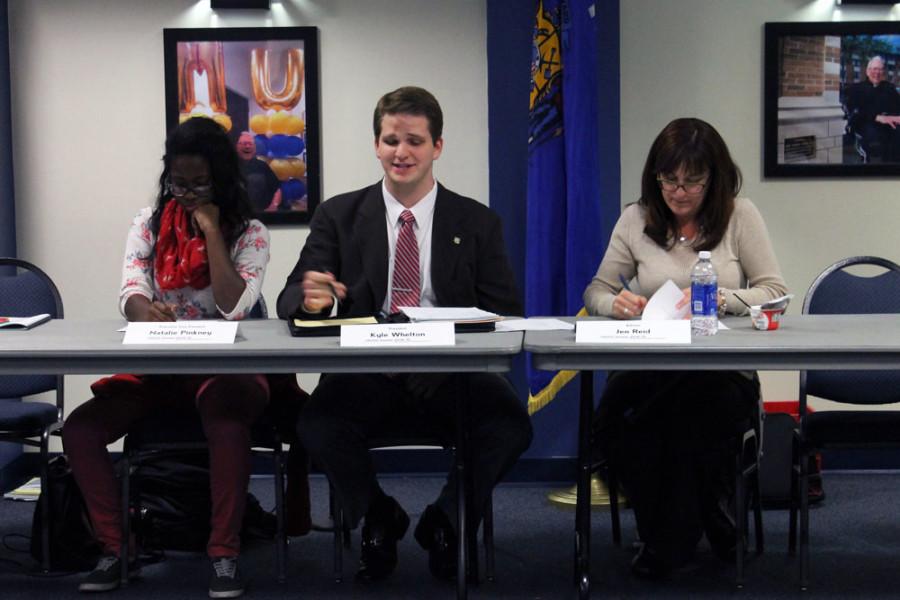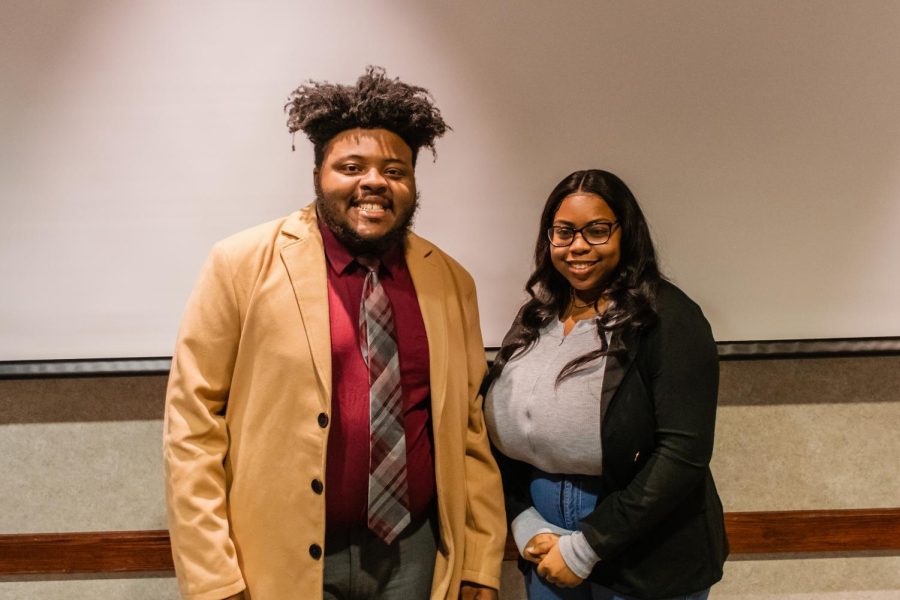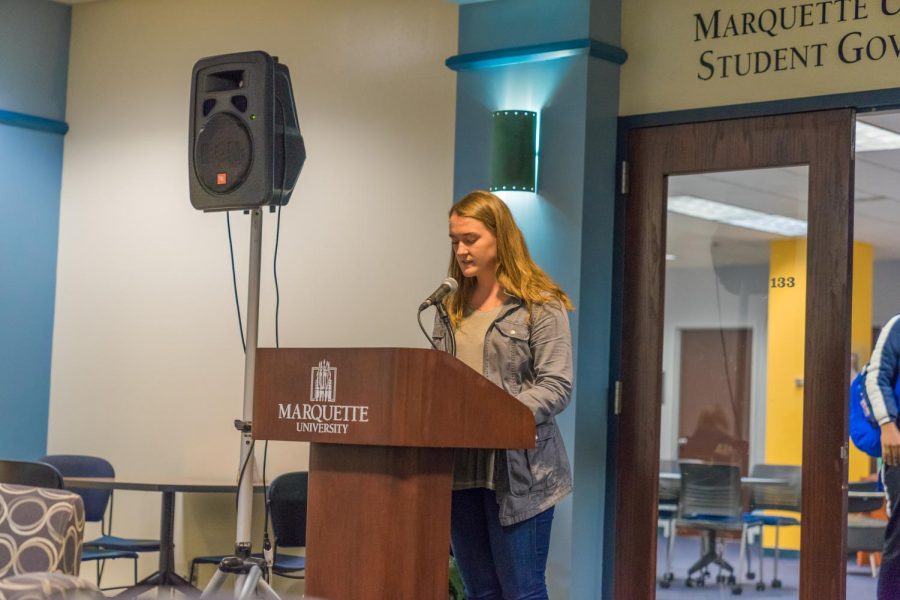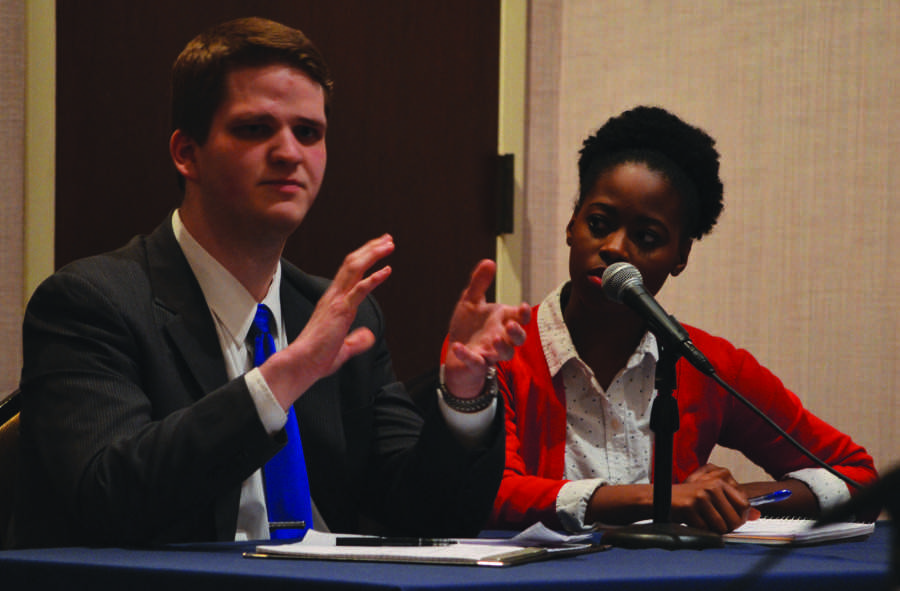Lean Six Sigma students proposed their Student Organization Funding process improvements to the Marquette Student Government at Monday night’s senate meeting.
Nathan Bowen, a senior in the College of Engineering and Connor Clancy, a junior in the College of Business Administration, were the two students who led the external review.
Bowen said the first change they recommended to ease the SOF process was to require training for the student organizations applying. Bowen said that currently training is offered but not required.
“The largest reasons organizations were rejected or only received partial funding was because the applications simply did not have enough information,” Bowen said.
The next recommendation Bowen presented was to reduce the funding periods from five to two for non-sports clubs. Bowen mentioned that to keep flexibility for groups, they would have “spot funding” where organizations can apply anytime throughout the semester.
“Based on benchmarks from other colleges,” Bowen said, “we found that the two period system had a lot of success.”
One of the biggest goals of the Lean Sigma Six team was to give SOF an objective way to analyze applications. Bowen explained that in order to do that the committee would set attribution criteria and rank the proposals based on how they match up to the set criteria
MUSG President Kyle Whelton, a senior in the College of Arts & Sciences, compared the attribution criteria to the way students write English papers to match a professor or rubric. Whelton explained that the SOF criteria should become a rubric for students to use when writing applications.
Bowen also mentioned changes in the reimbursement process, limiting the time students have to collect money to only 30 days and adding a feedback loop to the end of the process.
“There is currently no avenue for feedback from student organizations … we recommend including one with the updated application,” he said.
Clancy said there were certain things the duo did not change with the SOF process. They did not alter the budget allocated for the SOF process by the committee or what MUSG can and cannot fund.
MUSG Executive Vice President Natalie Pinkney, a junior in the College of Arts & Sciences, said that the senate would have the next three weeks to voice their concerns about the recommendations before voting on Dec. 1.
Pinkney also explained that if all the changes are voted in, there would be a staggered implementation process. Pinkney said the changes in reimbursement, language, criteria and appeals would be in effect for the next semester. MUSG would keep the remaining two allocation periods for the rest of the year, Pinkney said, and would adopt the two period system next fiscal year.













